BACK TO RESEARCH WITH IMPACT: FNR HIGHLIGHTS
For each Lindau Nobel Laureate Meeting, the FNR runs a Call for promising young researchers with a connection to Luxembourg to attend. The 2024 Lindau Nobel Laureate Meeting was dedicated to physics. We spoke to Junior R&T associate Youri Nouchokgwe about his experience attending the meeting surrounded by physics Nobel Prize Winners and hundreds of young researchers.
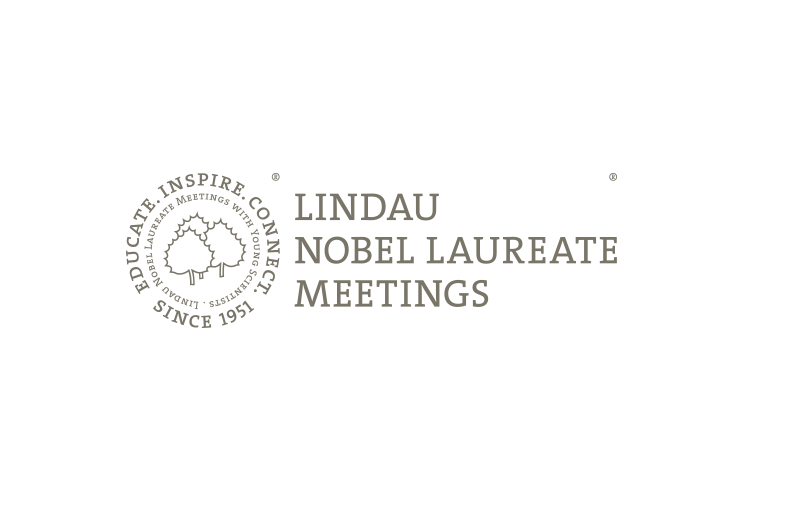
You had the opportunity to hear from and meet Nobel Prize winners and hundreds of other young researchers, can you describe the overall experience?
“The overall experience was truly epic—a once-in-a-lifetime event. This was likely the largest and most diverse conference I have attended so far. As the motto of LINO suggests, you gain invaluable knowledge from world-renowned experts, connect with people from all corners of the globe, and draw inspiration from both your peers and global leaders who share their visions and the challenges we must overcome.”
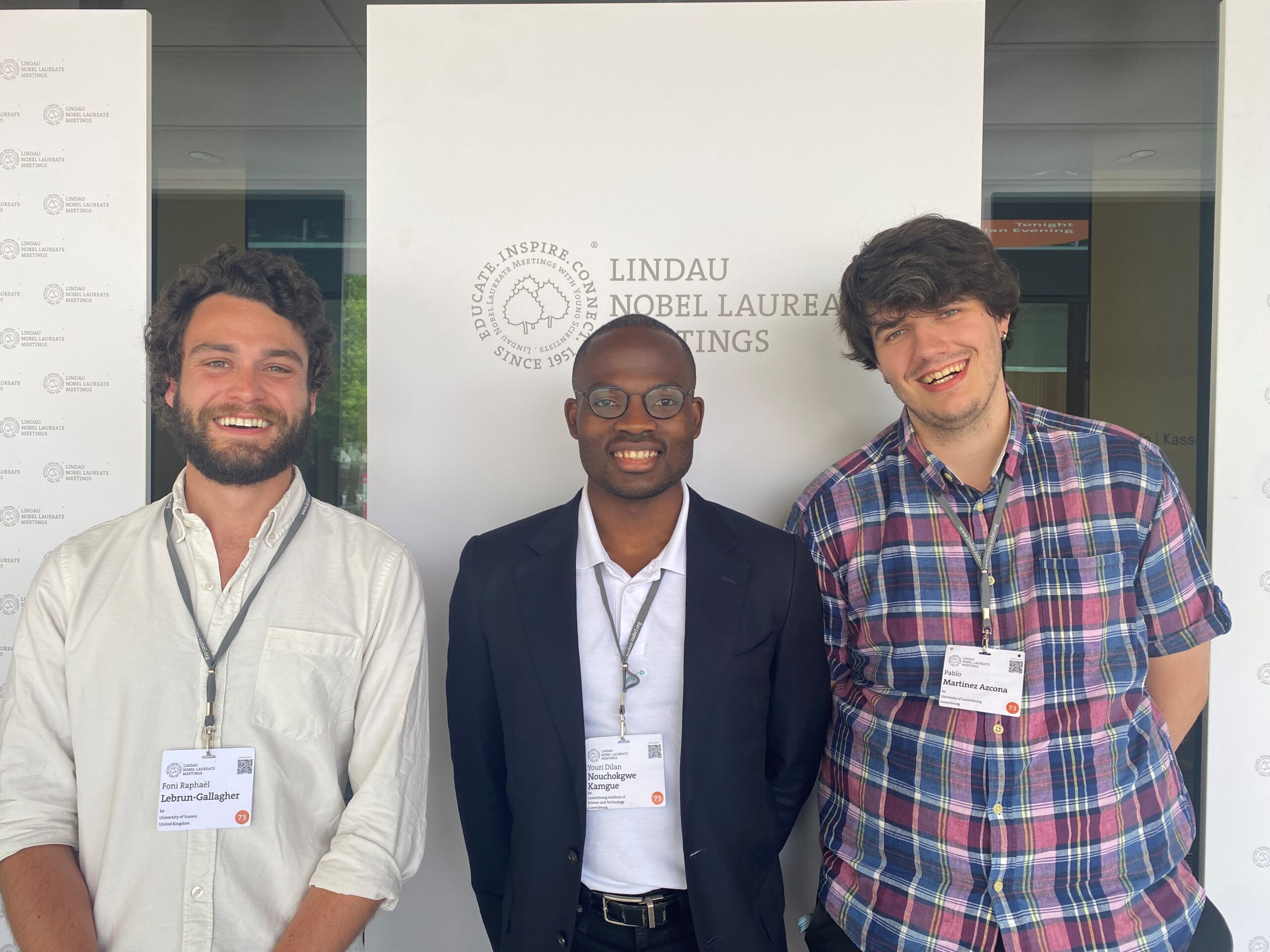
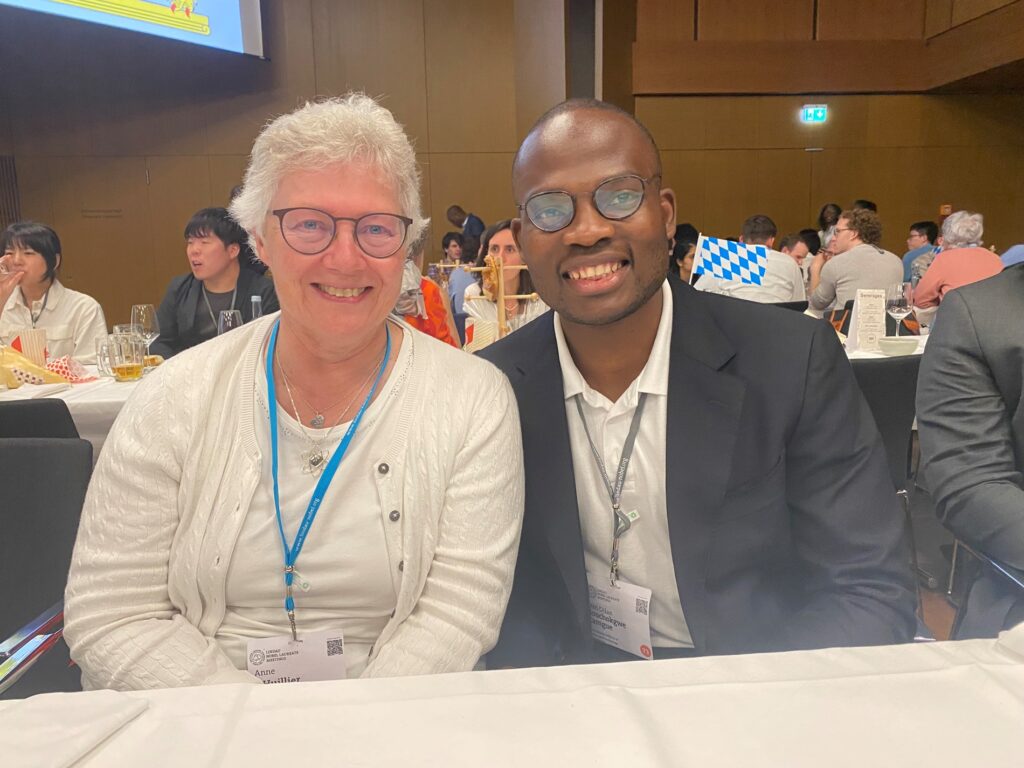
What was your impression of the Nobel Prize Winners?
“I get the sense that most of them didn’t know they would one day receive a Nobel Prize. They are passionate, curious, and driven individuals. The few I had the chance to dine or converse with were down-to-earth and kind, eager to learn from others, and willing to share their own experiences, including life choices, mistakes, and more.”
What stood out to you in the scientific programme?
“Unlike a typical scientific conference in your field, the scientific program at LINO is colossal. From morning workouts to scientific talks, Agora discussions (open forums), and various networking events (such as scientific walks, dinners, lunches, and chats with laureates), the seven days are packed with activities. There’s virtually no opportunity to miss out on connecting with others and discussing science.”
“While you can find this information in books or online, I truly appreciated hearing the laureates share their journeys to winning the Nobel Prize. I particularly enjoyed listening to Steven Chu, both a politician and Nobel laureate physicist, discuss his vision for addressing climate change and which energy sources we should invest in, and why. The Agora talks were also incredibly insightful, covering topics like the role of scientists in industry and strategies for helping postdoctoral researchers secure positions more quickly in academia, among other areas.”
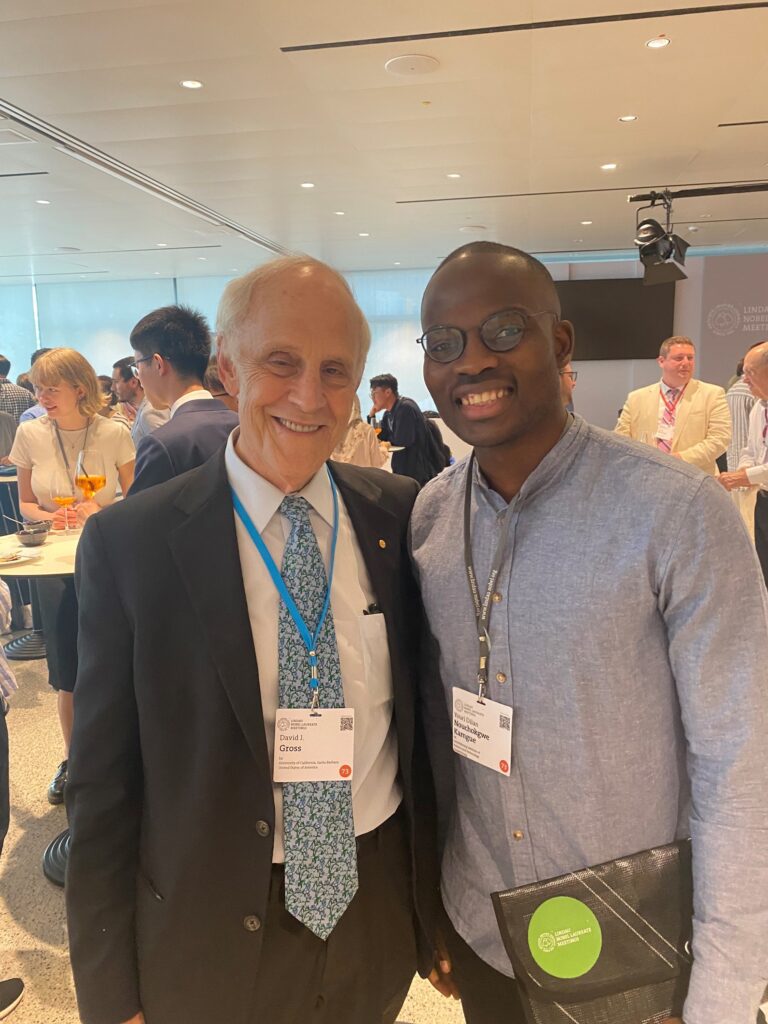
“Finally, I had the privilege of being one of the 20 young scientists selected from among 600 to present my research. It was a wonderful experience, albeit a bit stressful. ”Youri Nouchokgwe Junior R&T associate at Luxembourg Institute of Science & Technology (LIST)
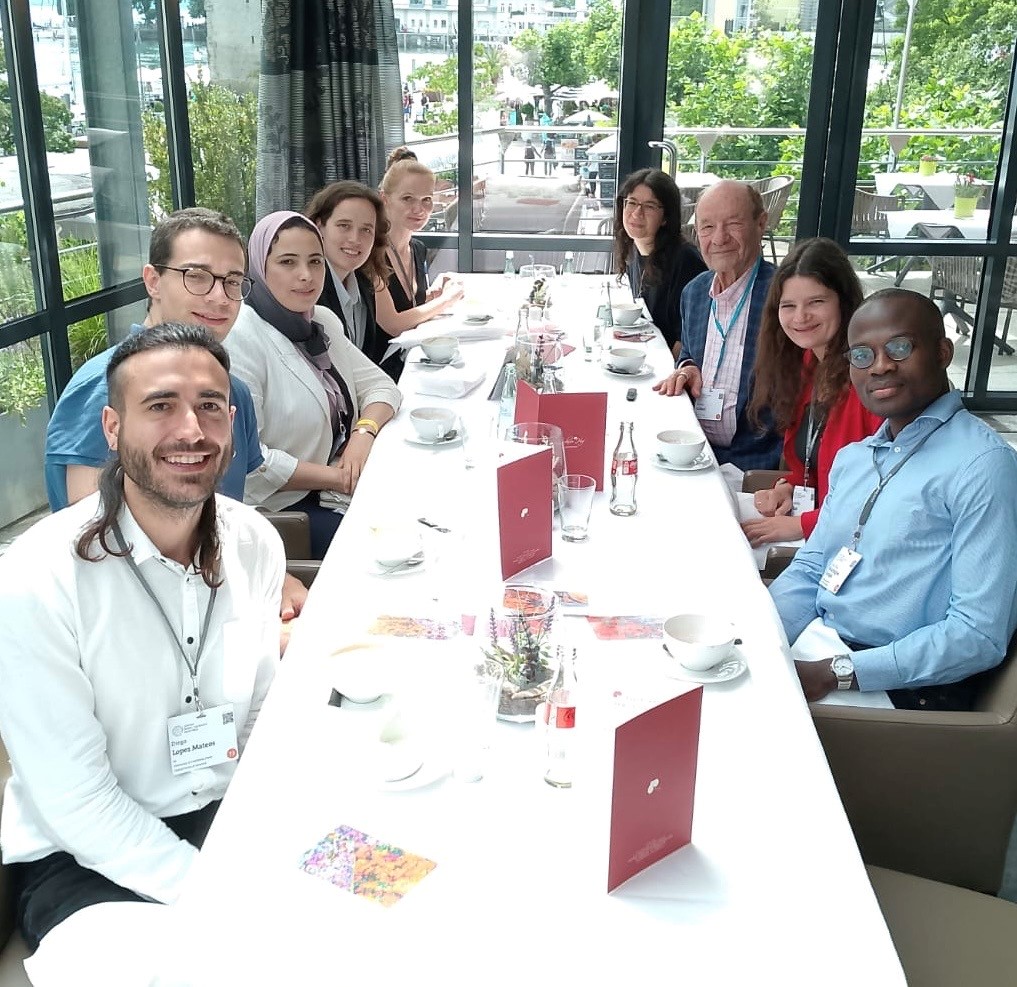
Were there any current topics that came up from several Laureates or researchers in attendance?
“One of the highlights of the LINO24 was Quantum. There was a lot of topics around quantum. Other topics such Artificial intelligence, climate change were tackled.”
Did you find any inspiration at the meeting, for your work or outside?
“Yes, I have connected with inspiring researchers and people I can call friends now.”
Can you tell us a bit about your research, what do you study and why is it important?
“I am a Junior Research Associate at the Luxembourg Institute of Science and Technology, working in Dr. Emmanuel Defay’s group. My research focuses on inkjet-printed electronics and solid-state cooling.
“Specifically, we develop temperature and strain sensors using inkjet printing technology. These devices can be used, for example, to monitor the health of satellites before they are launched into space. Additionally, I study electroactive materials, with a particular emphasis on electrocaloric materials for efficient, green, and noiseless cooling applications. These electrocaloric materials have the potential to replace the greenhouse gas refrigerants currently used in refrigerators.”
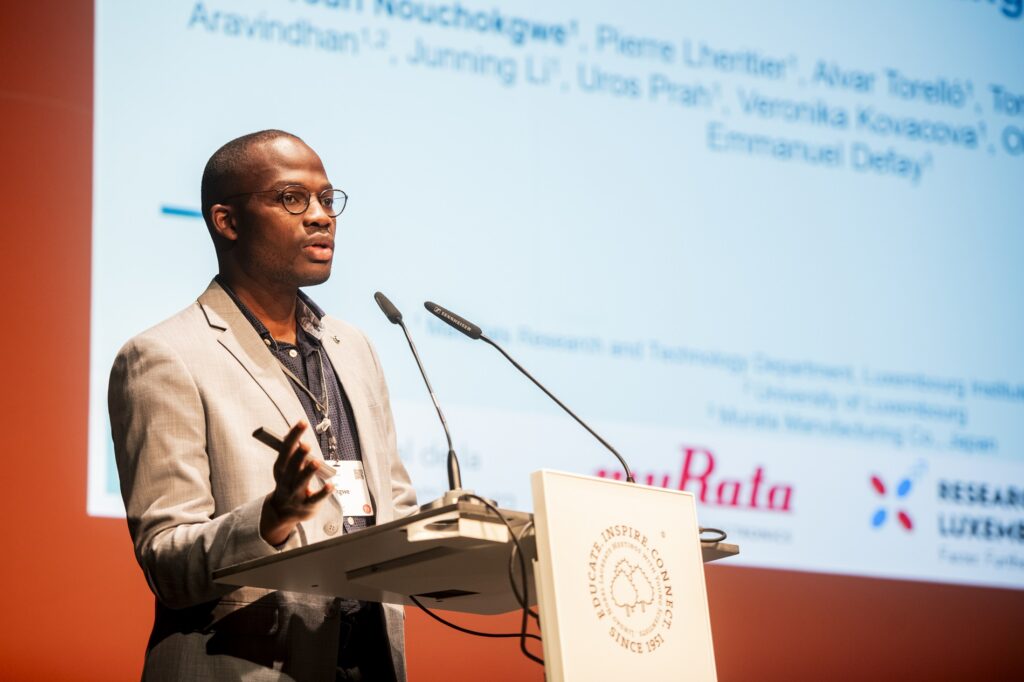
Related highlights
“After coming back to Luxembourg, to my quiet research corner, I realised the value of this intense week”
For each Lindau Nobel Laureate Meeting, the FNR runs a Call for promising young researchers with a connection to Luxembourg…
Read more
“Incredible to witness their joy and passion for science”
For each Lindau Nobel Laureate Meeting, the FNR runs a Call for promising young researchers with a connection to Luxembourg…
Read more
2023 Lindau Meeting: “An extraordinary experience”
For each Lindau Nobel Laureate Meeting, the FNR runs a Call for promising young researchers with a connection to Luxembourg…
Read more
“Like a school summer camp, but with amazing young chemists and Nobel laureates”
For each Lindau Nobel Laureate Meeting, the FNR runs a Call for promising young researchers with a connection to Luxembourg…
Read more
“Hearing how different life decisions and habits can lead to very successful scientific careers”
For each Lindau Nobel Laureate Meeting, the FNR runs a Call for promising young researchers with a connection to Luxembourg…
Read more
“They are normal human beings like you and me”
For each Lindau Nobel Laureate Meeting, the FNR runs a Call for promising young researchers with a connection to Luxembourg…
Read more